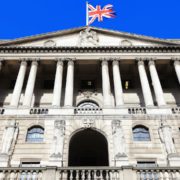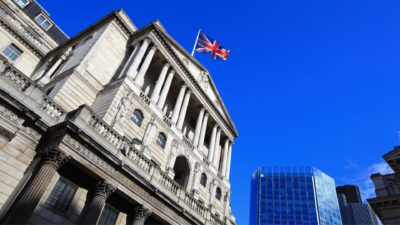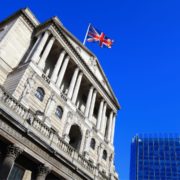There are 1.8 million households in arrears.
16% of those who are in arrears are also investing at the same time.
Among Millennial and Gen Z households, this rises to 70%. Among Baby
Boomers it’s 6%.
Separate research from the FCA found there’s a risk younger people are
getting involved in higher risk investments, including crypto currency.
Unless otherwise stated, figures are from the special edition of the HL
Savings & Resilience Barometer on efficient use of money: Efficient
Money Use report | April 2024 | HL
Susannah Streeter, head of money and markets, Hargreaves Lansdown:
‘’Younger people are putting high-risk investments ahead of debt
repayments, leaving them in a highly precarious position. While for many
people investing is a habit which really can boost long term financial
health, it’s counterproductive if you are struggling in the red.
It’s extremely worrying that among Millennial and Gen Z households who
are in arrears, 70% of people are investing, or speculating, when they
should be focusing on getting out of debt and building up their
financial resilience. Of those in arrears in the poorest slice of
society, 28% of households are investing, compared to 10% in the richest
portion of the population.
Our research backs up earlier findings from Britain’s financial
watchdog, the FCA, which has warned repeatedly that younger investors
are floundering in dangerous waters, by investing in high-risk assets
like crypto currencies. It found that two thirds (59%) claim that a
significant investment loss would have a fundamental impact on their
current or future lifestyle.
The crypto ‘wild west’ is an unpredictable and financially dangerous
arena but it’s still luring young people in, many of whom are hoping to
make a quick buck and potentially cancel out their debts. For many this
is likely to be wishful thinking due to the highly volatile value of
coins and tokens.
Rules changes mean that firms marketing crypto to UK consumers have had
to introduce a cooling-off period for first time investors, who have
second thoughts about parting with money they can’t afford to lose. But
with the FOMO still so strong and young consumer fearful of missing out
on a craze, far too many are still taking a rollercoaster ride with
their finances.”
Sarah Coles, head of personal finance, Hargreaves Lansdown:
“Young people may be running before they can walk, putting high risk
investments ahead of debt repayments. The results don’t show whether
they invested instead of repaying debts. If they did, then this is
always a bad idea. You should never be skipping debt repayments or
falling behind on bills in order to put money into investments.
Alternatively, they may have invested in the past, and then gone into
arrears more recently. While investments are for the long term, and it’s
never a good idea to be a forced seller, the sensible option may well
still to be to use investments to pay arrears, and then assess how you
can manage your budget better in order to keep on top of debt repayments
in the future.
While it goes against what any financial expert would recommend, it’s
easy to see why they may be in this position. If money is incredibly
tight, it’s perfectly understandable that people will look for a magic
bullet, to try to find a way to lift them out of financial difficulty.
It’s one reason why in this position, people will consider games of
chance. However, this is not how investment works.
A get-rich-quick gamble of taking a high-risk investment with something
like crypto currency runs a huge risk of backfiring, so you end up
losing money – and in a worse position than you started – with added
arrears. If you have high-cost short-term debts, then making repayments
should be your priority. Once you’re on top of this, you can look to
rebuild your resilience elsewhere, including sensible investments.
For an awful lot of people there’s no easy solution, because they don’t
have savings or investments they can use to pay their arrears, and they
tend to have much less surplus income – at £30 on average, leaving them
little left over to prioritise debt repayments with. If you’re in this
position, the first step is to cut back any possible expense you can. If
you have already tried everything, it’s worth speaking to those you owe
money to as soon as possible, to try to find a compromise which includes
lower payments. If this feels too daunting, you can speak to a debt
charity, like Stepchange, who can speak to them for you. If you can’t
come to an arrangement, they’ll also take you through the other options
until you can find something that works for you.”



























Comments